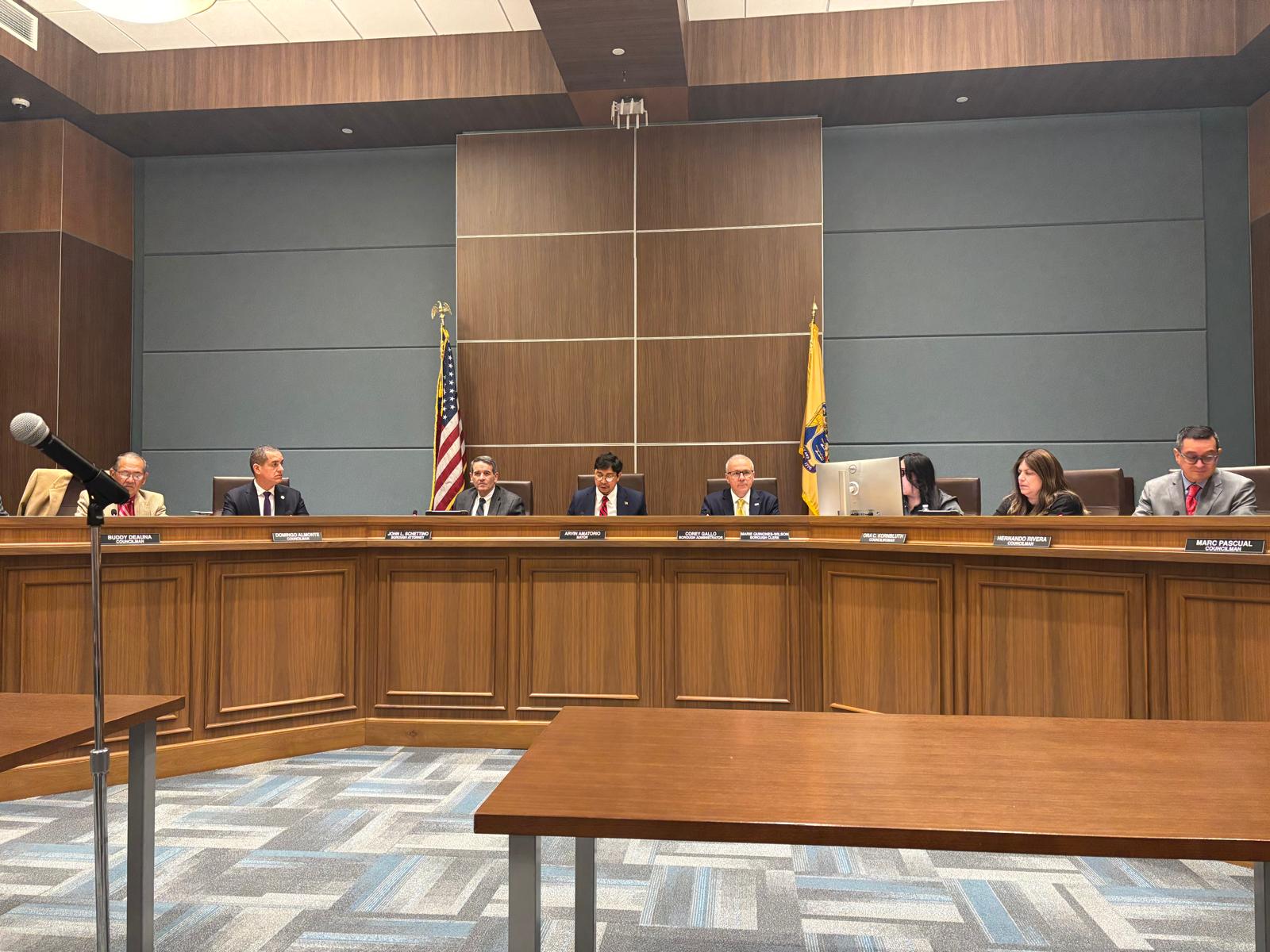(JNS) The presidents of Harvard University, the University of Pennsylvania and Massachusetts Institute of Technology faced tough questions on Tuesday, Dec. 5 during a nearly four-hour-long U.S. House of Representatives Committee on Education and the Workforce hearing on campus antisemitism.
Republican committee members directed some of their most pointed questions to Claudine Gay, president of Harvard, about political bias among students and faculty, free speech and the actions of anti-Israel student groups on her campus.
“Your institution is clearly producing students who are sympathetic to a terrorist organization,” said Rep. Bob Good (R-Va.). “Don’t you think that’s a misuse of taxpayer dollars?”
Good noted that Harvard receives nearly $1 billion annually in federal funding.
Rep. Elise Stefanik (R-N.Y.) asked Gay, Penn president Liz Magill and MIT president Sally Kornbluth if calling for genocide against Jews would violate the codes of conduct at their schools. All three said it would depend on whether the speech constituted harassment or bullying.
“So the answer is ‘yes’—that calling for the genocide of Jews violates Harvard’s code of conduct, correct?” Stefanik asked. (Stefanik, who has a 2006 bachelor’s from Harvard, has called for Gay to resign. In 2021, the Harvard Institute of Politics removed Stefanik from its senior advisory committee.)
“It depends on the context,” Gay said.
“It does not depend on the context. The answer is ‘yes,’ and this is why you should resign,” Stefanik said. “These are unacceptable answers across the board.”
Gay and Magill also faced questions as to how they could defend the statements and actions of anti-Israel faculty and staff on free-speech grounds when their academic institutions rank last and second-to-last, respectively, in the Foundation for Individual Rights and Expression’s free-speech ranking of 248 colleges.
“Respectfully, I disagree with that perspective, as represented in the report that you’ve cited,” Gay said. “I don’t think it’s an accurate representation of how Harvard treats speech on campus. We are committed to free expression and to making space for a wide range of views and perspectives on our campus.”
Gay faced widespread criticism in the aftermath of Oct. 7 for her failure to immediately condemn the attacks and to delay issuing a rebuke to more than 30 Harvard student organizations that signed an open letter blaming Israel for the massacre of 1,200 people.
Gay’s predecessor, Larry Summers, posted on X on Oct. 10 that Harvard’s eventual statement condemning Hamas and the student groups was insufficient.
“Why can’t we find anything approaching the moral clarity of Harvard statements after George Floyd’s death or Russia’s invasion of Ukraine when terrorists kill, rape and take hostage hundreds of Israelis attending a music festival?” he wrote.
Jewish students from the three universities who attended the hearings spoke about their experiences of antisemitism on campus since Oct. 7 at a press conference, hosted by House Speaker Mike Johnson (R-La.).
Despite repeated assurances from the university presidents during the hearing that policies and procedures were in place to keep students safe, the students said that university leaders were failing to protect Jewish students.
“A few weeks ago, I was in a study room in the law school while classes were going on, and about 200 people—many of whom not only were not law students but were not Harvard affiliates—got into our building, marched down the halls,” said Jonathan Frieden, a Harvard Law School student.
“Jews took off their kippot, and I watched someone hide under a desk. Many of my friends ran up to the dean of students and DEI office, but they had locked their doors for their own safety,” added Frieden, using the acronym for diversity, equity and inclusion.
“This was such a clear safety concern. It was also explicitly against school policy as a disruptive class,” he said. “We heard nothing from Harvard.”
Israel’s Foreign Minister Eli Cohen on Wednesday criticized the refusal of these university presidents to say that calling for the genocide of Jews is against the rules of their institutions.
JNS reached out to Foreign Ministry spokesman Lior Haiat, who referred us to Cohen’s tweet calling the statements “alarming.”
“This is a dangerous and sad moment. Absurd that places that are supposed to be a moral beacon have become a breeding ground for hatred.”
“They failed a basic test of moral clarity,” Dr. Ophir Falk, Prime Minister Benjamin Netanyahu’s foreign policy adviser, told JNS.
Yad Vashem issued a statement on Wednesday saying that Israel’s official Holocaust memorial and museum in Jerusalem is “extremely alarmed” by the refusal of the university presidents to say that calls for genocide against Jews constitute a violation of their school’s code of conduct.
“Yad Vashem is appalled that leaders of elite academic institutions would use misleading contextualization to minimize and excuse calls for genocide of the Jews.
“The positions taken by the three university presidents in their testimonies highlight a basic ignorance of history, including the fact that the Holocaust did not start with ghettos or gas chambers, but with hateful antisemitic rhetoric, decrees and actions by senior academics, among other leaders of society,” the institution stated.
Yad Vashem Chairman Dani Dayan said, “Any university, institution or society that can ‘contextualize’ and excuse calls for genocide is doomed.”
Cohen thanked Stefanik for taking a stand and echoed her stance that the university presidents should resign.
“Every American who believes in the values upon which the USA was founded should shrug off the alarming statements, and I thank Congresswoman Elise Stefanik who clearly stands against these things. Whoever gives place to antisemitism must not stay one day in his position!”












